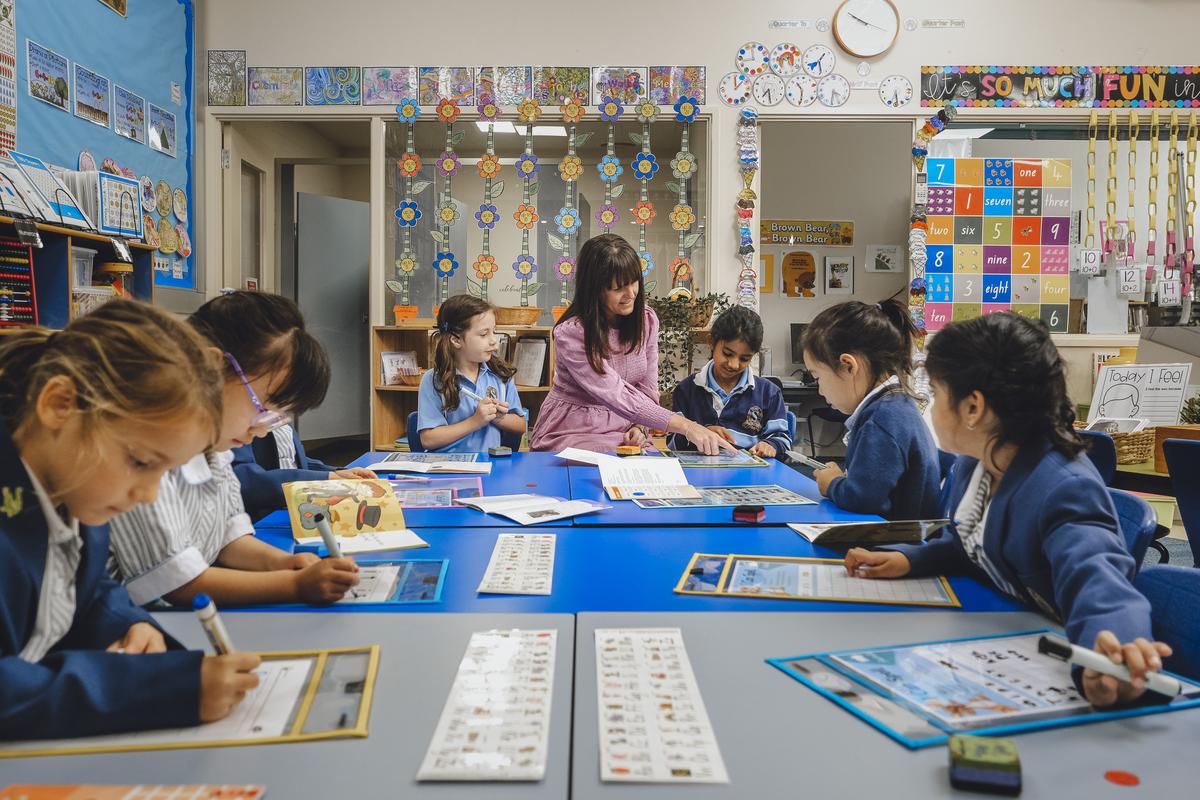Teaching and Learning
Karen Whelan, Deputy Principal - Staff, Teaching and Learning

Teaching and Learning
Karen Whelan, Deputy Principal - Staff, Teaching and Learning
For our students to thrive, they need to become expert and life-long learners. To become this type of learner, they need to develop the necessary skills that will help them to negotiate an increasingly complex global world. (Milligan, Luo, Hassim & Johnston, 2020).
Learner attributes refer to the characteristics, traits, or qualities that a student possesses or develops over time, which influence their process and development as a learner. These attributes can be learnt and taught.


At Shelford we believe that these attributes are at the centre of our teaching. We view them as essential skills that will help our learners to negotiate and thrive in the contemporary school environment, as well as in the world they will face beyond their schooling years. We know all students can experience growth and development within these areas and that it is important that our students harness the power of a growth mindset; that with hard work and the right strategies and guidance from others, their skills and talents will grow (Dweck, 2006).
Learner attributes will replace what was previously known as ‘Work Habits’ on the semester reports. We believe learner attributes are in greater alignment with our current practice and the skills our students require to become expert and lifelong learners.
The learner attributes we are currently focusing on are:
| Learner Attribute | Description |
| Collaboration | Learner actively, responsibly and productively works together with their fellow students and teacher to develop a shared knowledge and understanding of the key content and skills taught. |
| Reflection | Learner develops a deeper understanding of what they are learning through making new connections and relating different ideas. Learner plans, monitors, evaluates and makes changes to their learning behaviour. |
| Engagement | Learner is curious, welcomes enquiry and wants to know more. They are keen to learn new skills and receptive to new ideas. They work well independently and with others. |
We look forward to continuing to work alongside our students in the development of their learner attributes, as it is through this development, they become the expert and life-long learners the future world will demand.
References
Dweck, C. S. (2006). Mindset: The new psychology of success. Random House.
Milligan, S. K., Luo, R., Hassim, E., & Johnston, J. (2020). Future-proofing students: What they need to know and how to assess and credential them., Melbourne, Australia: Melbourne Graduate School of Education, the University of Melbourne: Melbourne.
Karen Whelan
Deputy Principal - Staff, Teaching and Learning/Psychology